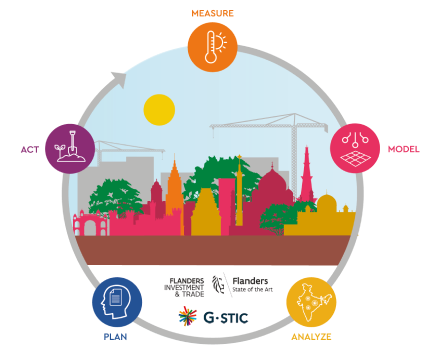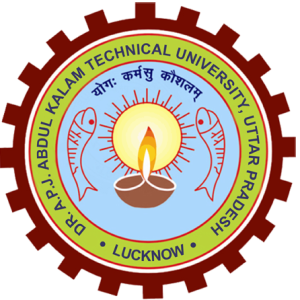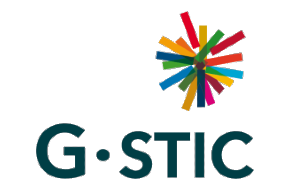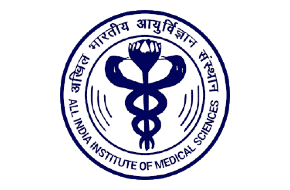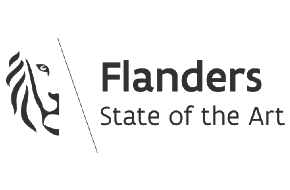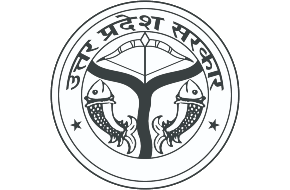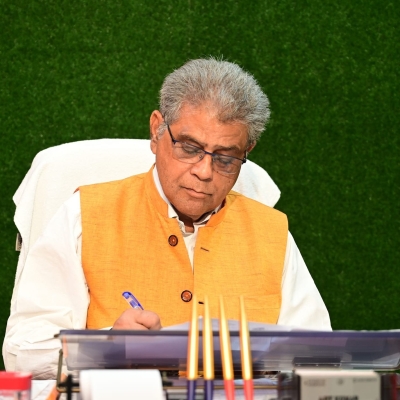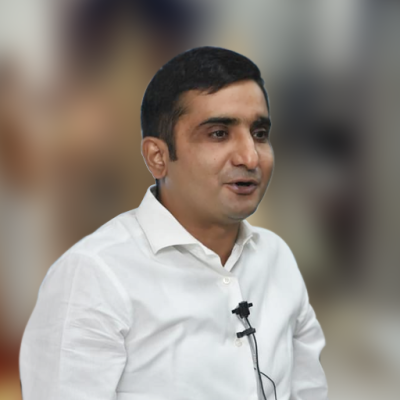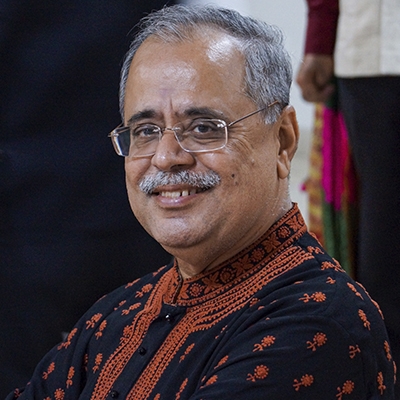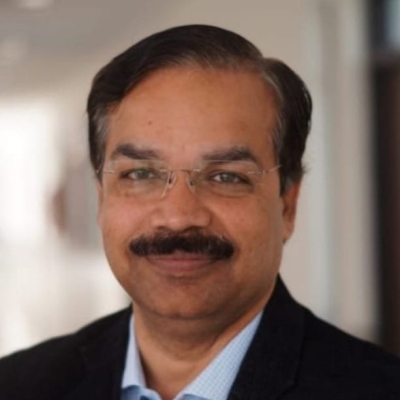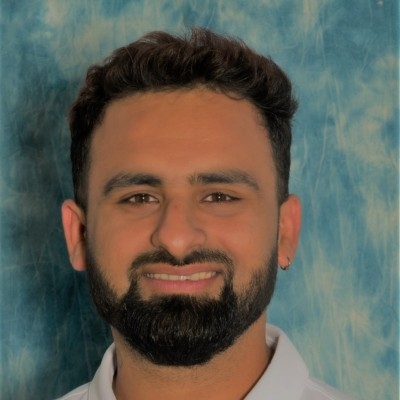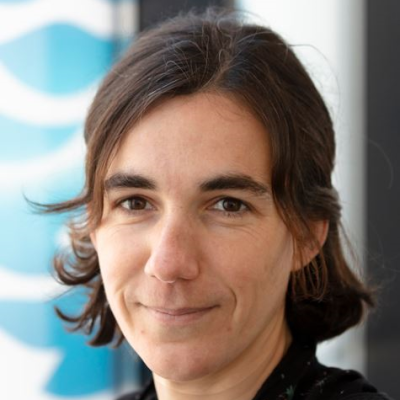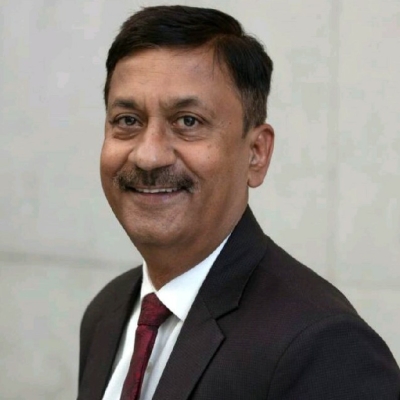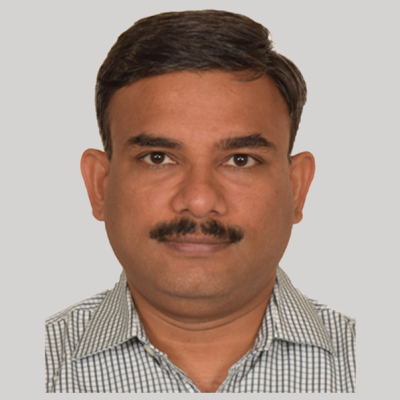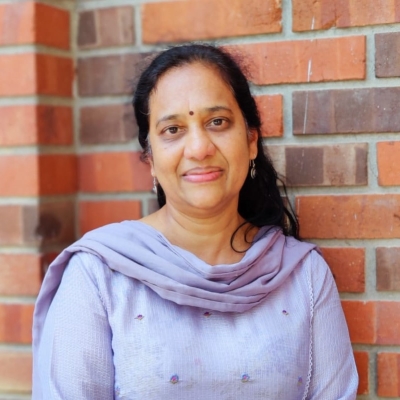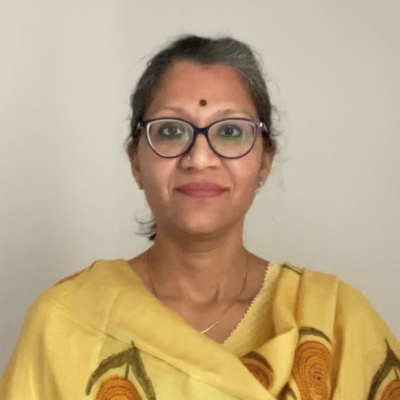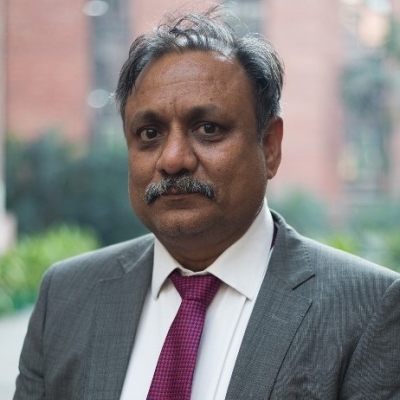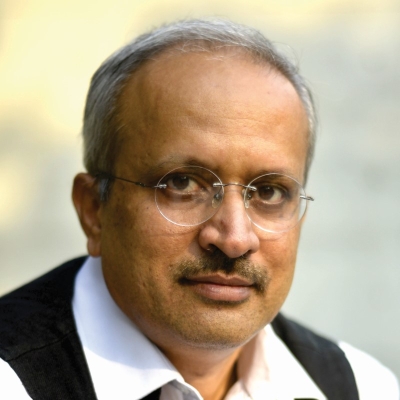Innovative pathways towards building integrated urban climate resilience
The URBCARE Conference, held in Lucknow (India) in November 2023, brought together global experts, policymakers, and researchers to address the urgent need for urban climate resilience.
The global urban population has grown rapidly from approximately 1 billion in 1950 to 4.4 billion in 2021. By 2050 the world’s urban population is expected to reach 6.7 billion, which constitutes almost 70% of the total population. 90% of this increase will occur in Africa and Asia.
In 2015 India’s urban population was 420 million but this is projected to almost double and reach 800 million by 2050. In the face of climate change, this makes sustainable and climate-resilient urbanization one of the most challenging problems in the modern era. With the growth in city populations, it is important to focus on the linkages between urban development, planning and climate concerns to design robust, no-regret solutions.
During the URBCARE Conference speakers underscored the critical importance of integrated approaches to tackle key urban climate challenges, such as heat stress, air pollution, waste management, and water conservation. Experts shared innovative solutions, emphasizing the role of technology, planning, and community engagement in building sustainable cities. The sessions explored low-carbon pathways, green infrastructure, and strategies to enhance urban resilience in the face of climate change.
Line up of speakers
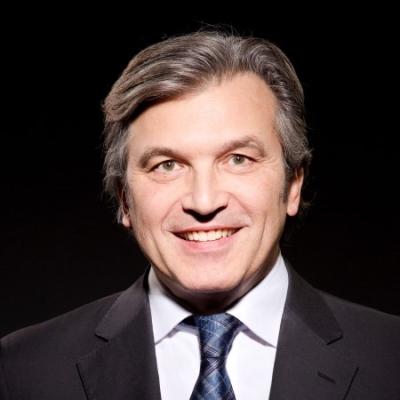
Christian Kazner

Jorn Verbeeck
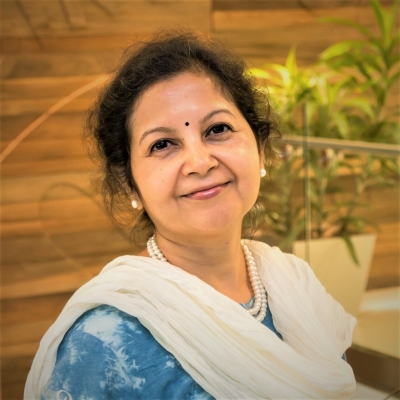
Mili Majumdar

Dr. Vandana Sehgal
Related projects
The URBCARE conference was supported through both the CHARISMA and BCAUSYOUCARE project.
Funded through International Climate Financing by the Department of Environment (Flanders), CHARISMA focusses on climate-induced health risks in India. By means of co-creation with local stakeholders and authorities, VITO (coordinator), PHFI-CEH and Avia-GIS developed a dedicated climate-health information service, constituting a valuable data repository on which basis health issues due to climate change in urban environments (notably heat-stress and vector borne diseases) can be strategically attacked with no-regret solutions.
In parallel, VITO and AKTU have joined hands in the BCAUSYOUCARE project, which gets funding from the Department of Environment through the Flanders International Climate Action Programme to build and transfer knowledge and expertise on urban heat stress, and necessary adaptation, in India as a direct result of climate change.
The URBCARE Conference was organized by VITO and AKTU (Abdul Kalam Technical University, India), in collaboration with G-STIC (Global Sustainable Technology and Innovation Community, Belgium), Government of Uttar Pradesh's Environment, Forest and Climate Change Department (India), Departement Omgeving (Flanders, Belgium), FIT (Flanders and Investment Trade, Belgium) and TERI (The Energy and Resources Institute, India)

